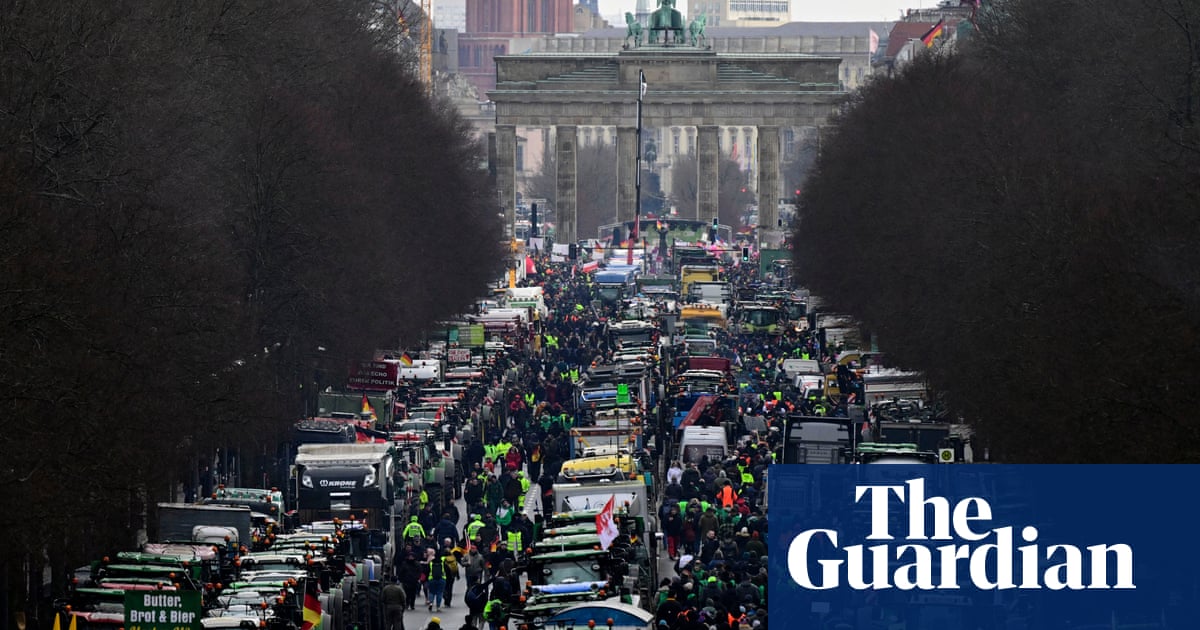
End of fuel subsidies seen raising cost of other goods
Central bank governor says no one is running the country
RIYADH: Lebanon’s economic decline is set to gather pace after the central bank said this week it will end a fuel subsidy that has drained its reserves, a move that is likely to affect everything from food to clothes and basic goods.
“The price of fuel affects the price of all commodities in Lebanon,” Lebanese economic analyst Bassel Al-Khatib told Arab News. “Transportation and food will become significantly more expensive, and gasoline, diesel and cooking gas prices will at least triple if not more, paralyzing the country as all sectors will be affected.”
Lebanese economic crisis will rank as among the top three in the world in the past 150 years, according to the latest World Bank Lebanon Economic Monitor (LEM).
The country is already suffering from shortages of food, medicines, and other basic items, as well as power supply shortage due to lack in diesel supply. Stocks of liquefied petroleum gas, usually sold in canisters and used widely in homes and businesses, are also running out.
Lebanese lined up in long queues on Tuesday to stock up on cooking gas following warnings of imminent shortages, as the economic crisis eats away at supplies of basic imports.
“Our current stock will last one week, after which, if no solution is found, gas used in homes will be sold on the black market, ” Farid Zeynoun, the head of a syndicate of petroleum gas distributors, told France 24.
Zeynoun blamed the crisis on a delay by Banque Du Liban, Lebanon’s central bank, in opening credit lines to fund imports.
Central bank Governor Riad Salameh defended his actions in an interview broadcast on Radio Free Lebanon on Saturday, saying the government could resolve the problem by passing necessary legislation.
“So far you have nobody running the country,” he said. The Lebanese pound is “hostage to the formation of a new government and reforms,” he said.
Lebanon’s politicians have failed to agree on a new government since Prime Minister Hassan Diab quit last August after a catastrophic blast that destroyed much of the Port of Beirut, killing 218, injuring 7,500 and leaving 300,000 people homeless. He has continued in a caretaker capacity since then.
The central bank has said it cannot use mandatory foreign currency reserves, currently $14 billion, without legislation.
Salameh said that more than $800 million spent on fuel imports in the last month should have lasted three months, blaming traders and saying it was “unreasonable” that so much had been spent with no product available in the market.
With the Lebanese pound having lost 90 percent of its value in less than two years, the central bank is in a bind. Spend its reserves and the currency will likely depreciate further, spurring more inflation for the long-suffering Lebanese population; hold onto them and inflict prices rises through higher fuel prices.
Critics of the fuel subsidy scheme also say it has created huge incentives for smuggling and hoarding by selling petroleum products at a fraction of their real price.
The decline in the pound has already eroded Lebanese purchasing power. The minimum wage was equal to about $450 before October 2019, and is now worth $30, equal to about two tanks of gasoline.
In June, the Lebanese parliament approved a distribution of $556 million through ration cards that will support 500,000 of the country’s poorest families with an average of $93 per month for one year. Some are calling for an increase in those payments to counter increased fuel costs.
“It would have been better to approve citizen’s support through the cash card, adding to it two gasoline tanks for example, to enable them to move around, instead of subsidizing,” said Al-Khatib.
Such moves constitute a band aid for the Lebanese economy that can only begin to recover if a government can be formed and help can be obtained from the International Monetary Fund.
Over half of Lebanese people now live in poverty, one in three Lebanese suffer from food insecurity and nearly 4 million people are at risk of not accessing safe water, according to the UN.
“We only have one of two solutions, approving the financing card or accelerating the government formation which will limit the collapse through a rescue plan, and by reviving negotiations with the (IMF),” said Al-Khatib.












